AI will cull and create millions of jobs
PwC: Automation's impact will be different on each industry, and affect creative roles less

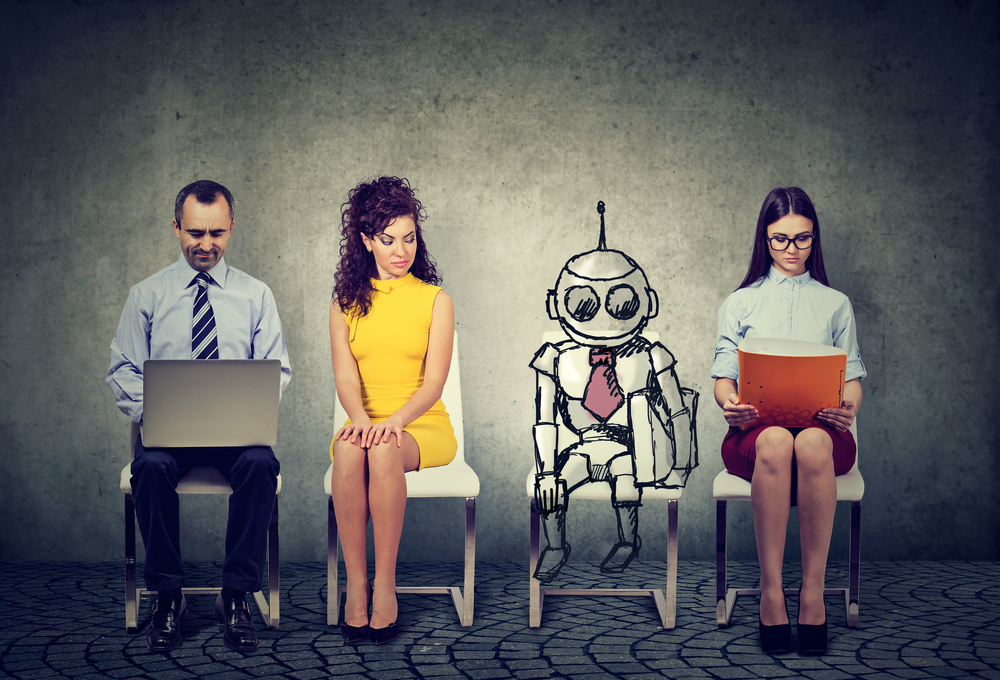
Sign up today and you will receive a free copy of our Future Focus 2025 report - the leading guidance on AI, cybersecurity and other IT challenges as per 700+ senior executives
You are now subscribed
Your newsletter sign-up was successful
Artificial intelligence will create as many jobs as it displaces in the UK, but its impact will be felt disproportionately across different sectors.
This is according to a report from PricewaterhouseCoopers (PwC) that argues that AI will create 7.2 million jobs over the next 20 years, slightly more than the seven million predicted to be automated.
However, the impact of new technologies will not be felt evenly, as sectors like healthcare and education are set to benefit, whereas manufacturing and transport are estimated to see the largest decreases in jobs due to AI.
"People are understandably worried about the impact of AI on jobs, and businesses and the government need to address these concerns head on," said Euan Cameron, UK AI leader at PwC.
"As our analysis shows, there will be winners and losers. It's likely that the fourth industrial revolution will favour those with strong digital skills, as well as capabilities like creativity and teamwork which machines find it harder to replicate."
The report, published today, predicts that healthcare will be the biggest beneficiary of AI, with an estimated 1.5 million jobs created with 526,000 workers replaced by AI, a 22% net increase of nearly a million new jobs. There were similar outlooks for professional, scientific and technical jobs with a 16% net effect of 484,000 new roles.
"Healthcare is likely to see rising employment as it will be increasingly in demand as society becomes richer and the UK population ages," said John Hawksworth, chief economist at PwC.
Sign up today and you will receive a free copy of our Future Focus 2025 report - the leading guidance on AI, cybersecurity and other IT challenges as per 700+ senior executives
"While some jobs may be displaced, many more are likely to be created as real incomes rise and patients still want the 'human touch' from doctors, nurses and other health and social care workers."
At the other end of the spectrum, manufacturing is predicted to lose 25% of its workforce to AI, equivalent to nearly 700,000 jobs, even when newly created jobs are accounted for. The transport and storage industry told a similar story, with PwC predicting a net loss of nearly 400,000 jobs, while the government and defence sector will cut 274,000 roles.
"As driverless vehicles roll out across the economy and factories and warehouses become increasingly automated, the manufacturing and transportation sectors could see a reduction in employment levels," added Hawksworth.
PwC's research almost mirrors Gartner's AI and the Future of Work report from earlier in the year that predicted AI will create 2.3 million jobs and eliminate 1.8 million by 2020, with a varied impact across industries.
Picture: Shutterstock
Bobby Hellard is ITPro's Reviews Editor and has worked on CloudPro and ChannelPro since 2018. In his time at ITPro, Bobby has covered stories for all the major technology companies, such as Apple, Microsoft, Amazon and Facebook, and regularly attends industry-leading events such as AWS Re:Invent and Google Cloud Next.
Bobby mainly covers hardware reviews, but you will also recognize him as the face of many of our video reviews of laptops and smartphones.
-
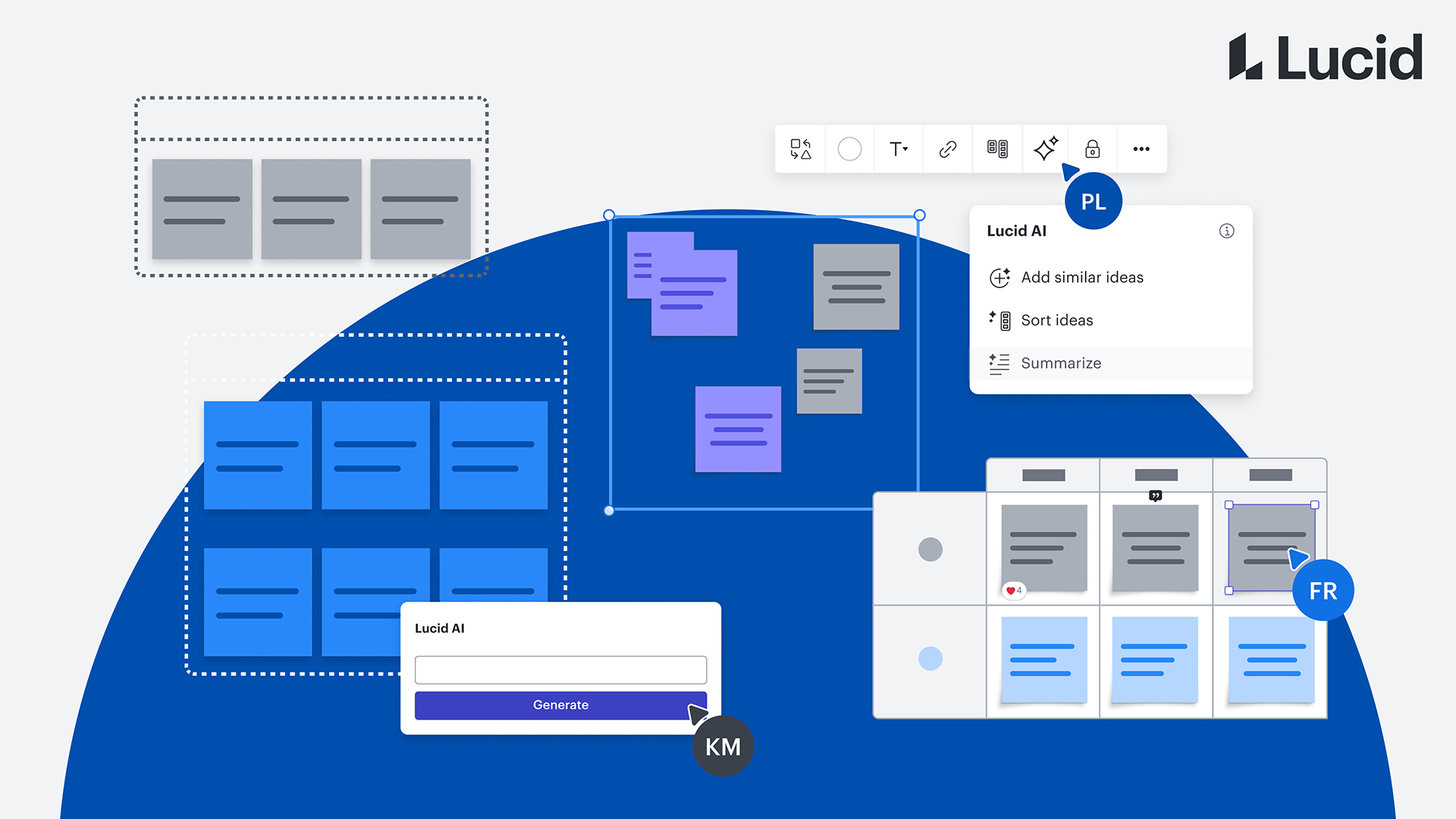 Building AI readiness through clear workflows
Building AI readiness through clear workflowsWithout clear systems and shared context, even the smartest AI can’t unlock value. People remain central to making automation effective
-
 Pure Storage snaps up 1touch in data management pivot
Pure Storage snaps up 1touch in data management pivotNews The all-flash storage company is turning its focus to data management with a new acquisition and new name
-
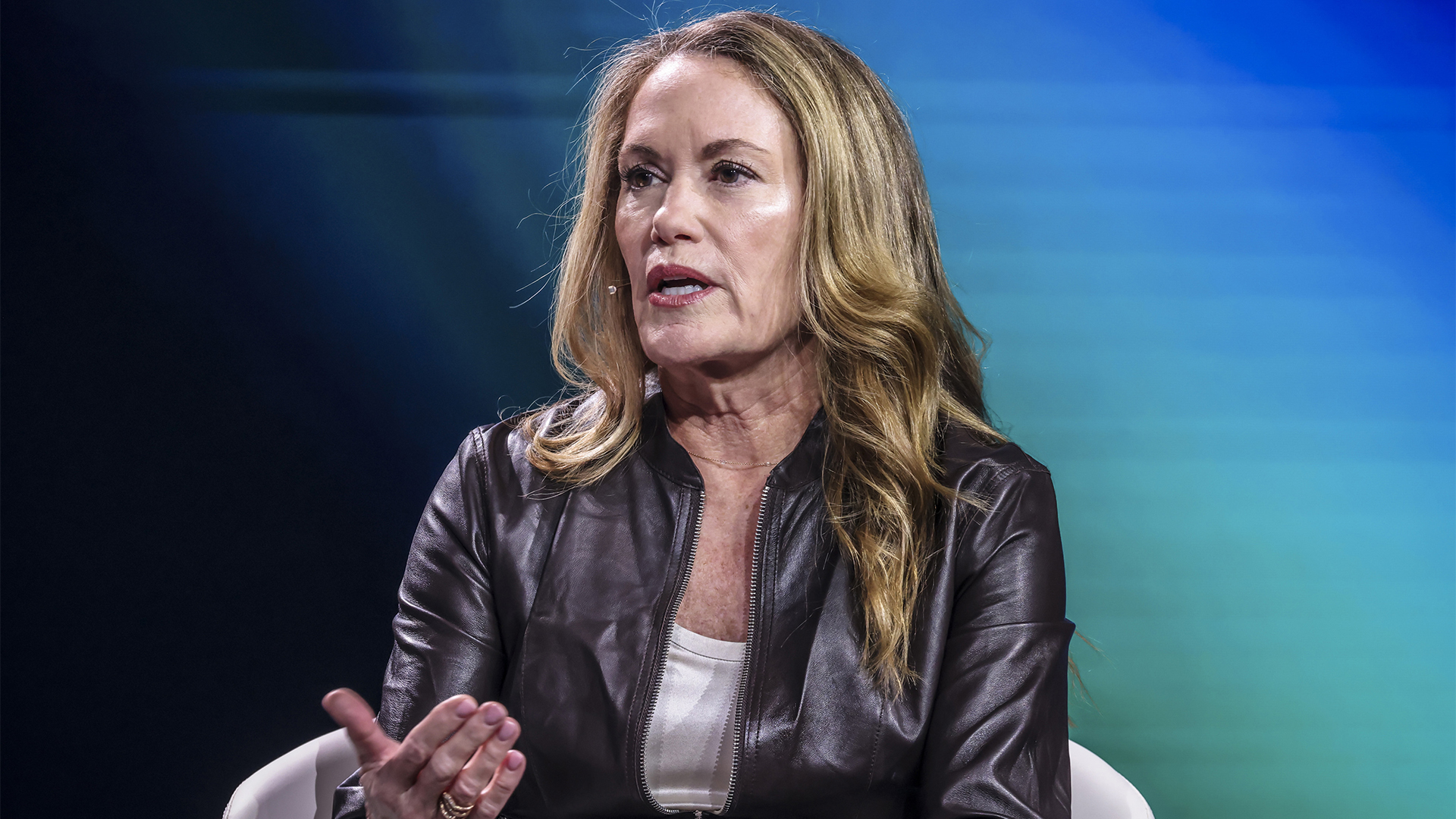 Can robots work safely alongside humans? This one industry leader thinks we're not far away
Can robots work safely alongside humans? This one industry leader thinks we're not far awayNews Humanoid robots and people will be able to work truly side-by-side this year, according to the CEO of one leading robotics company.
-
 Modern enterprise cybersecurity
Modern enterprise cybersecuritywhitepaper Cultivating resilience with reduced detection and response times
-
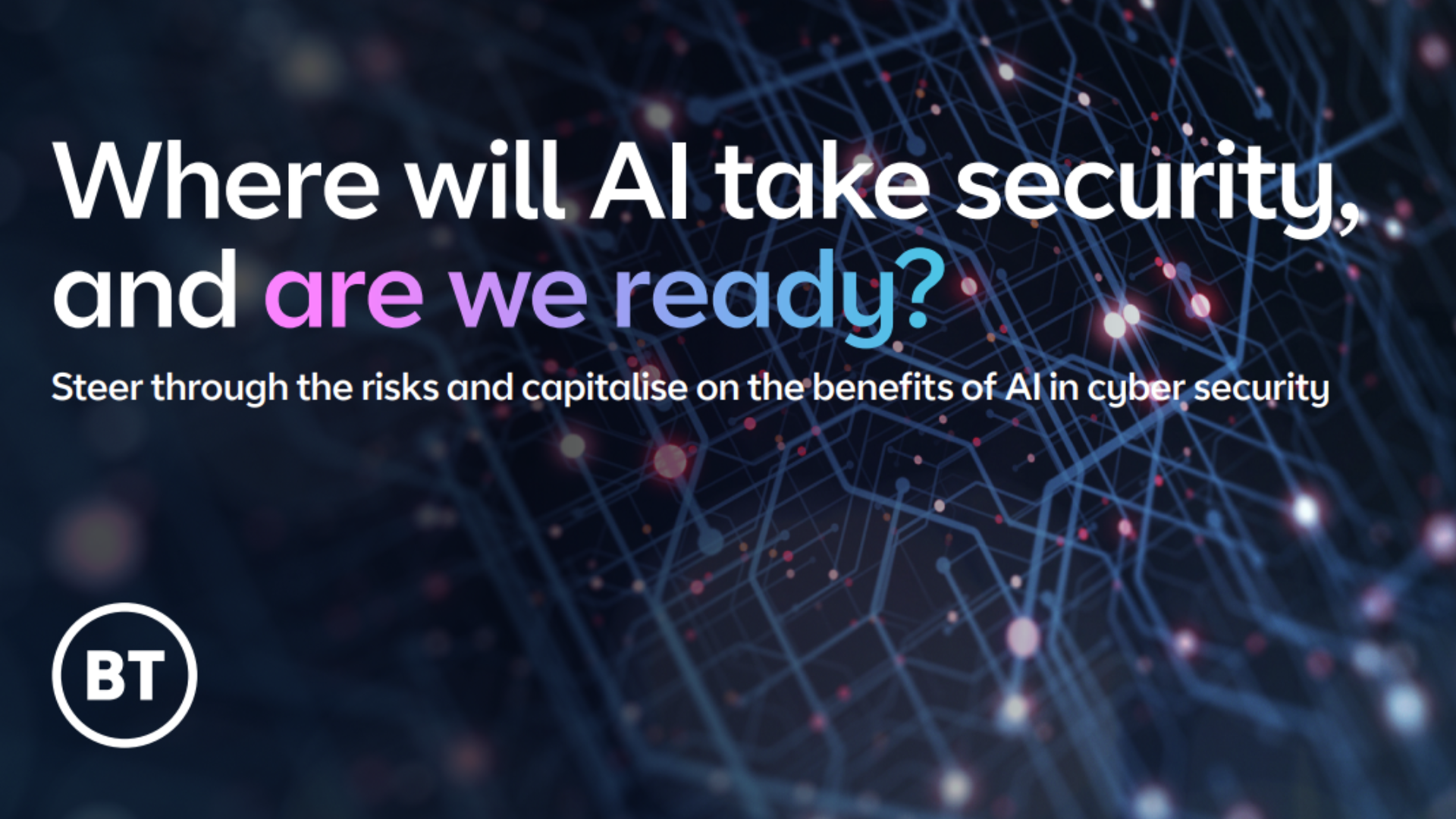 Where will AI take security, and are we ready?
Where will AI take security, and are we ready?whitepaper Steer through the risks and capitalize on the benefits of AI in cyber security
-
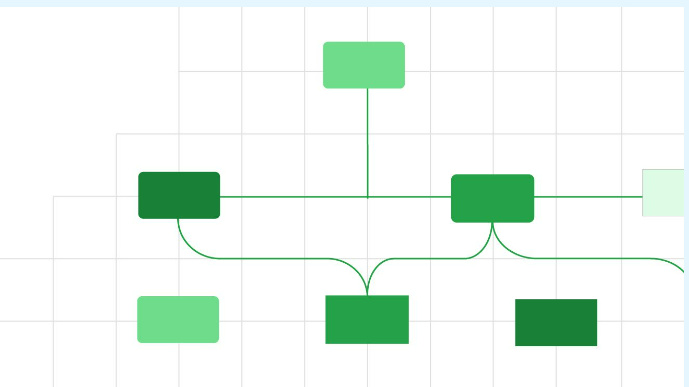 The power of AI & automation: Proactive IT
The power of AI & automation: Proactive ITWhitepaper Automation strategies to dynamically and continuously assure cost-effective application performance
-
 Magic Quadrant for enterprise conversational AI platforms
Magic Quadrant for enterprise conversational AI platformsWhitepaper An evaluation of the conversational AI platform (chatbot) market
-
 Knowing where AI fits into your business before you invest
Knowing where AI fits into your business before you investSupported Incoming generative AI costs and security concerns make strategic adoption a must
-
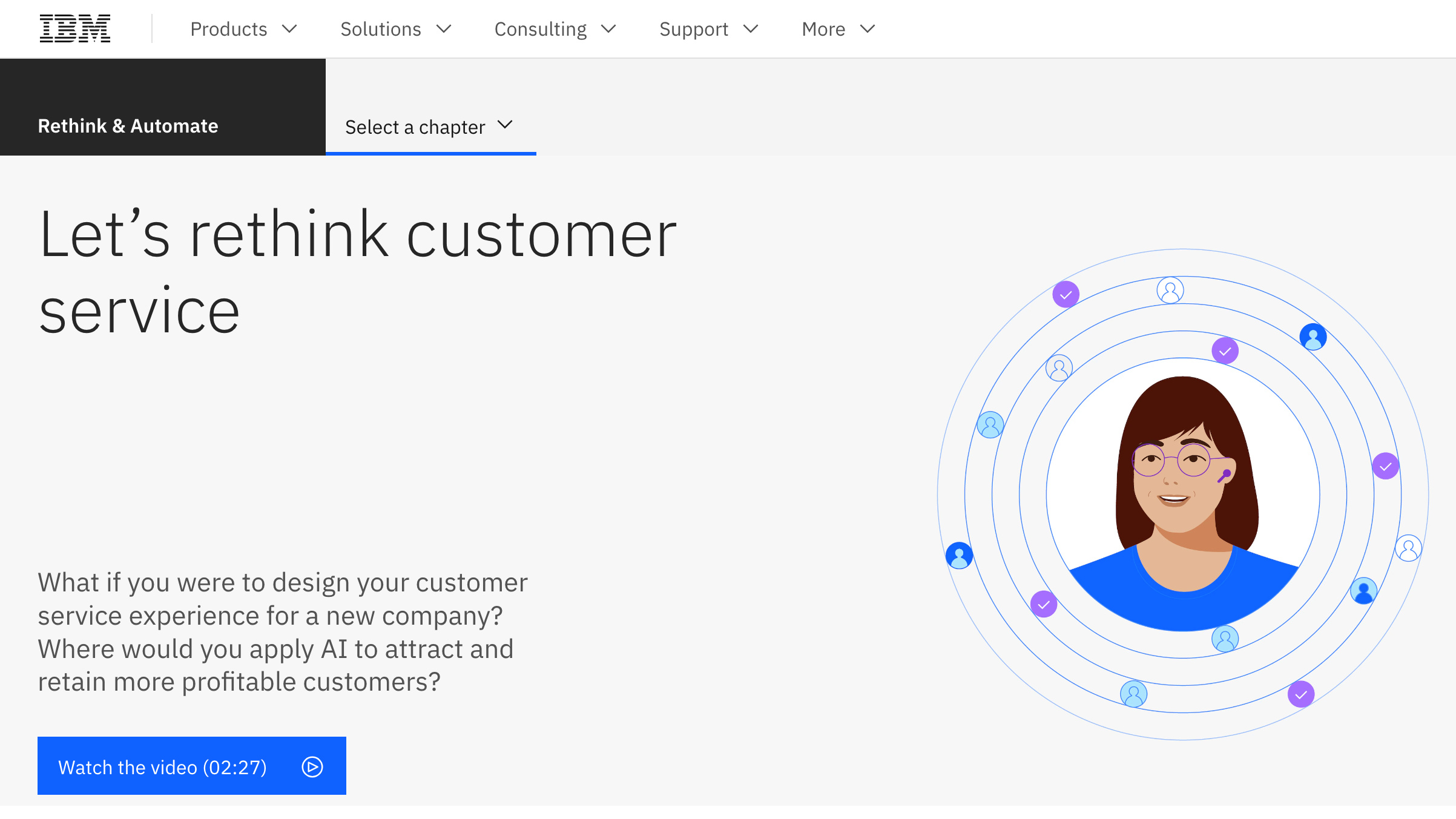 Let's rethink customer service
Let's rethink customer servicewhitepaper Discover new ways to improve your customer service process
-
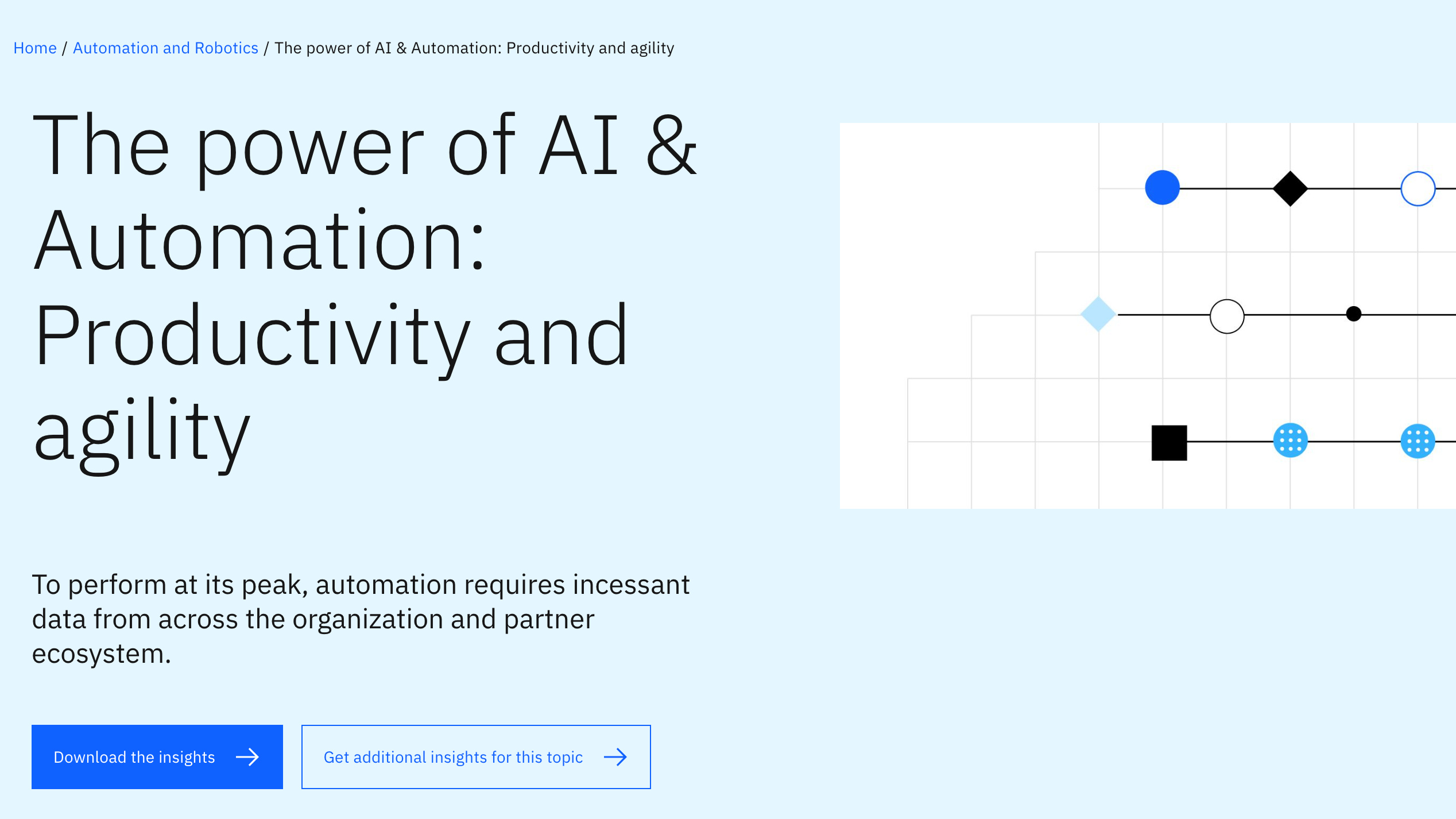 The power of AI & automation: Productivity and agility
The power of AI & automation: Productivity and agilitywhitepaper To perform at its peak, automation requires incessant data from across the organization and partner ecosystem
